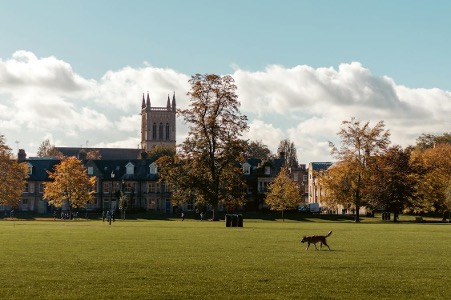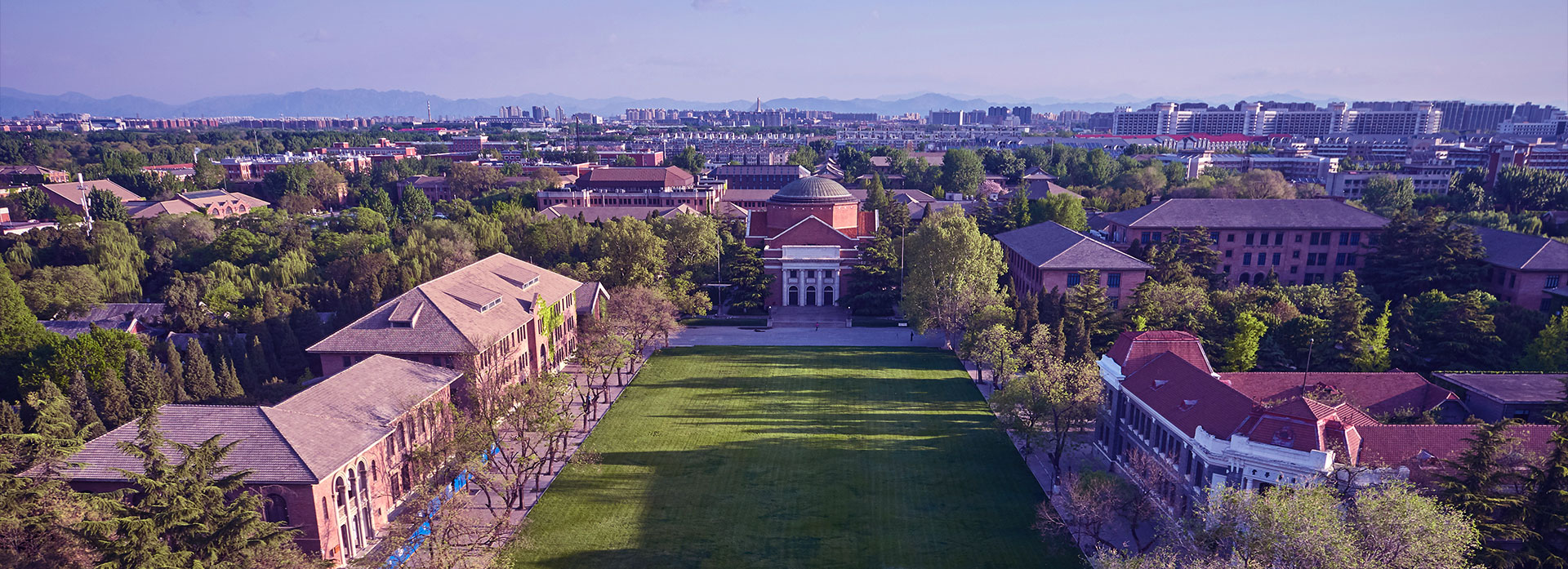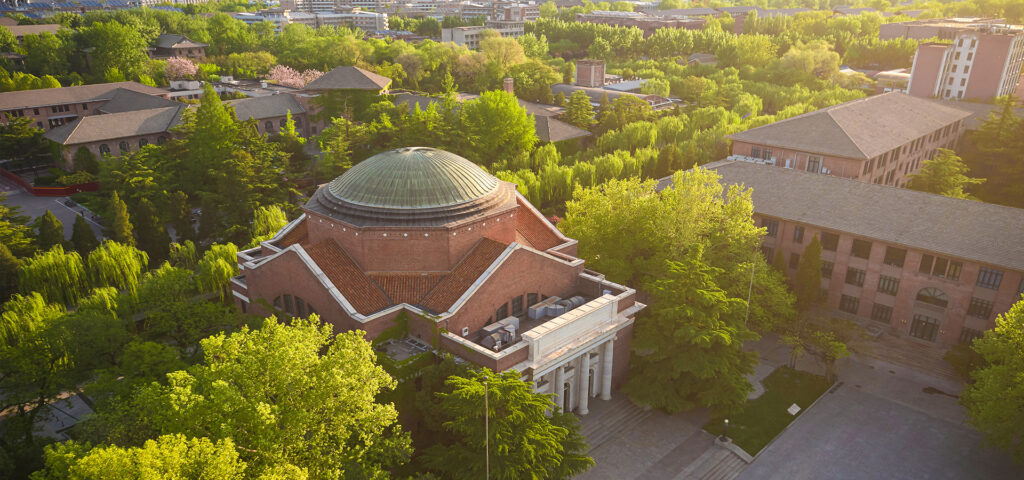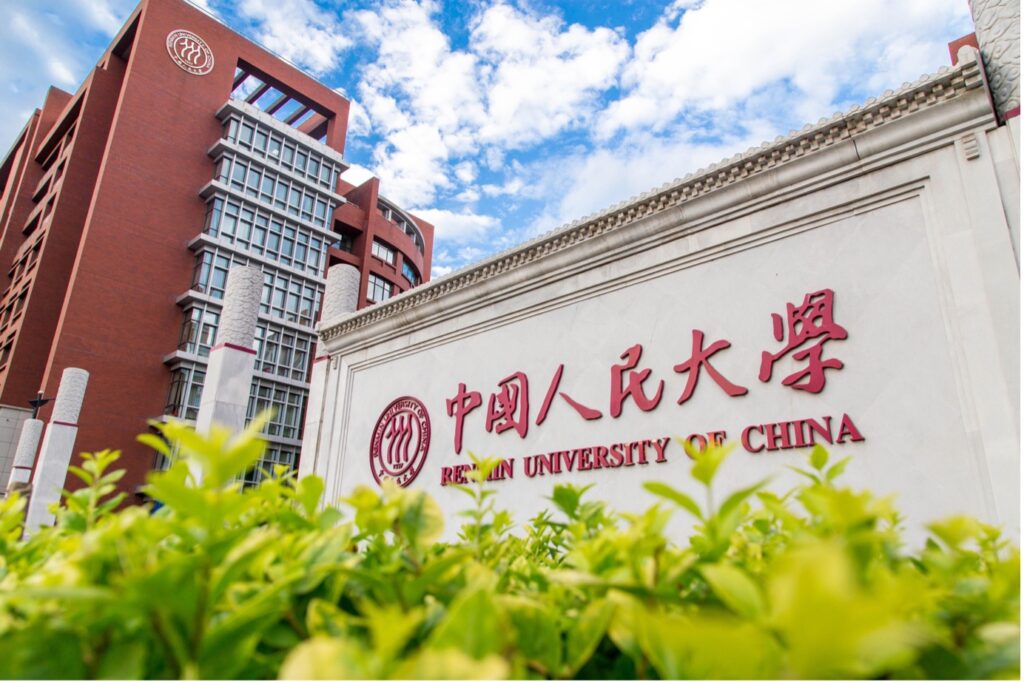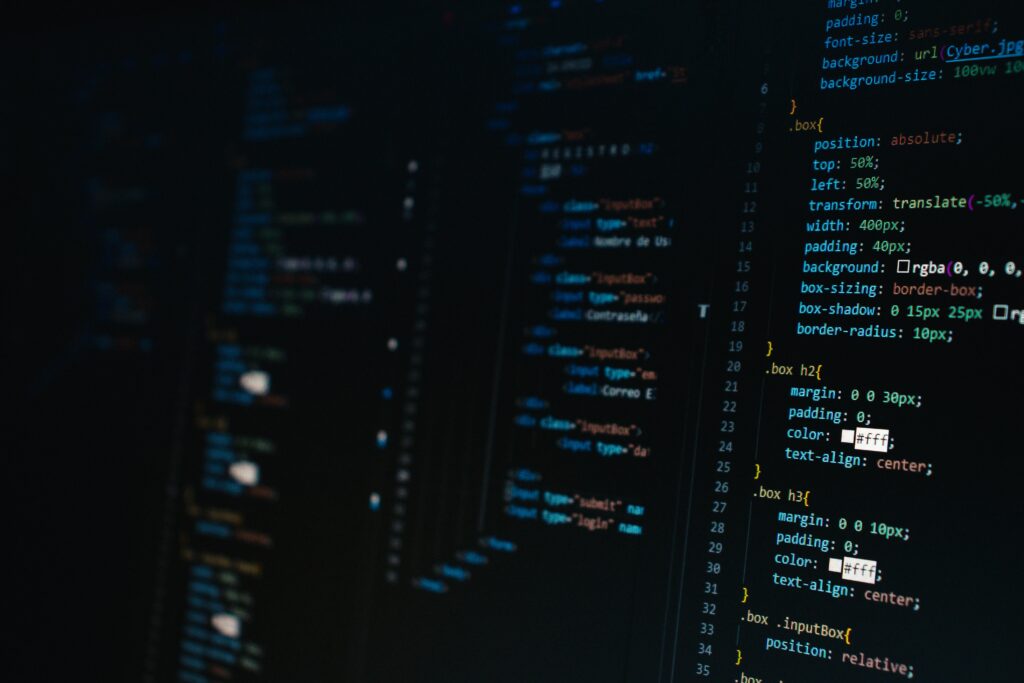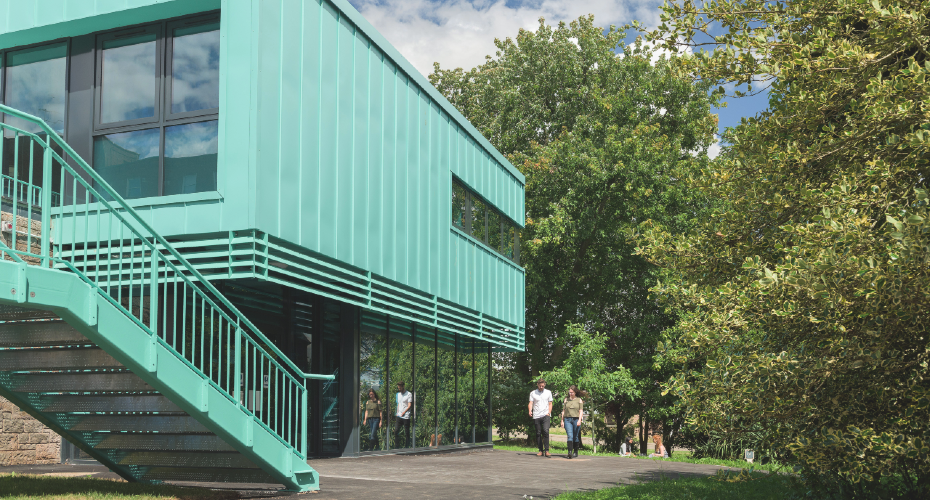Image credit: UCL, 2025
Name
the UCL Centre for Digital Humanities (UCLDH)
Founded
2010
Short description
The UCL Centre for Digital Humanities (UCLDH), part of the UCL Institute of Advanced Studies, is a cross-faculty research hub that bridges digital technologies and the humanities. It supports a wide array of work across the Arts, Humanities, and Cultural Heritage sectors, offering services such as research support, hosting digital humanities events and courses, providing consultancy for digital projects, and facilitating teaching and research in digitisation technologies.
The centre draws on UCL’s expertise in information studies, computer science, and the arts and humanities, with its research influencing cultural heritage, museums, libraries, archives, and broader cultural sectors. It is home to a diverse network of affiliated scholars from across UCL, who teach and conduct research across multiple disciplines, contributing to a broad spectrum of digital humanities work, including library services, museums, and collections.
Teaching on DH
While the centre does not directly offer Digital Humanities (DH) courses, the Department of Information Studies, along with several other departments, provides a range of relevant short courses, undergraduate, and postgraduate modules. These include courses such as Digital Conservations and Marketing, Digital Geographies, and The Ethics of Artificial Intelligence. Additionally, the department offers two postgraduate programs in DH: the MA/MSc in Digital Humanities.
DH academics
Professor Oliver Duke-Williams – Programme Director for the MA Digital Humanities and MSc Digital Humanities. Oliver’s work relates to the present, future and past of censuses in the UK. Within DH research, Oliver is interested in the development of publication and other linked networks of DH researchers, and the relationship between these and language networks.
Dr. Jin Gao– Lecturer in Digital Archives. Jin Gao is interested in the digital cultural heritage, museum provenance studies, history of Digital Humanities, social network analysis, and non-Western cataloguing standards.
Dr. Karen Stepanyan – Associate Professor. Karen’s research is centred on the interdisciplinary integration of information technologies with computational concepts of knowledge. His research interest lies in the advancement of the Semantic Web technologies and understanding of the social fabric behind the Web using Social Network Analysis.
Dr. Vassilis Routsis – Senior Research Fellow. Vassilis’s research interest encompasses technology’s cultural and socio-political impacts, focusing on privacy and interdisciplinary methods in humanities and social sciences research.
Dr. Foteini Valeonti – Sloane Lab Research Fellow. Expert in specialising in leveraging blockchain technology for culture. Foteino’s research focuses on the utilisation of emerging technologies for the benefit of our cultural heritage. Foteino is interested in the research and development of innovative digital products for the cultural heritage sector, relating to the following themes: the Open Content movement (OpenGLAM), the accessibility of art and digitised collections.
Key projects with links
- Recognition and Enrichment of Archival Documents
- Interactive Fine Art Gallery & Museum USEUM
- Seeing Speech: Introduction
- Dynamic Dialects
- CrossCult

Image credit: UCL, 2025
UCL数字人文学科中心
名称
UCL数字人文学科中心(UCLDH)
成立年份
2010年
简要描述
UCL高级研究学院UCL数字人文学科中心(UCLDH)是一个跨学科的研究中心,致力于数字技术与人文学科的交汇点。该中心支持艺术、人文和文化遗产领域的广泛工作,提供如研究支持、举办数字人文学科活动和课程、为数字项目提供咨询服务以及推动数字化技术的教学和研究等服务。
该中心利用UCL在信息学、计算机科学以及艺术与人文学科领域的专业知识,其研究成果对文化遗产、博物馆、图书馆、档案馆及更广泛的文化领域产生影响。它汇聚了来自UCL各学科的学者组成的多样化网络,他们从事不同领域的教学和研究,参与数字人文学科的广泛工作,包括图书馆服务、博物馆和藏品等。
数字人文学科教学
虽然该中心不直接提供数字人文学科(DH)课程,但信息学系以及其他多个系提供了一系列相关的短期课程、本科和研究生模块。这些课程包括《数字保护与市场营销》、《数字地理学》和《人工智能伦理》等。此外,该系还提供两个数字人文学科的研究生课程:MA/MSc数字人文学科。
数字人文学科学者
Professor Oliver Duke-Williams – MA 数字人文学科和MSc数字人文学科项目主任。奥利弗的研究与英国人口普查的过去、现在和未来相关。在数字人文学科研究中,奥利弗对出版物及其他数字人文学科研究者的关联网络的构建以及这些网络与语言网络之间的关系感兴趣。
Dr. Adam Crymble – BSc社会信息项目主任。他的研究兴趣集中在移民与社区的研究,以及技术如何为追求这些知识提供新的问题或机会。
Dr. Jin Gao – 数字档案讲师。高晋博士的研究兴趣包括数字文化遗产、博物馆来源研究、数字人文学科的历史、社交网络分析和非西方目录标准。
Dr. Karen Stepanyan – 副教授。Karen的研究集中在信息技术与知识计算概念的跨学科融合。他的研究兴趣包括语义网技术的进展,以及通过社交网络分析理解互联网背后的社会结构。
Dr. Vassilis Routsis– 高级研究员。Vassilis的研究兴趣涵盖技术对文化和社会政治的影响,重点关注隐私问题及人文学科和社会科学研究中的跨学科方法。
Dr. Foteini Valeonti – Sloane 实验室研究员。Foteini专注于利用区块链技术促进文化领域的发展。她的研究聚焦于利用新兴技术来推动文化遗产的保护。她对文化遗产领域创新数字产品的研究与开发感兴趣,涉及以下主题:开放内容运动(OpenGLAM)、艺术和数字化藏品的可接触性。


